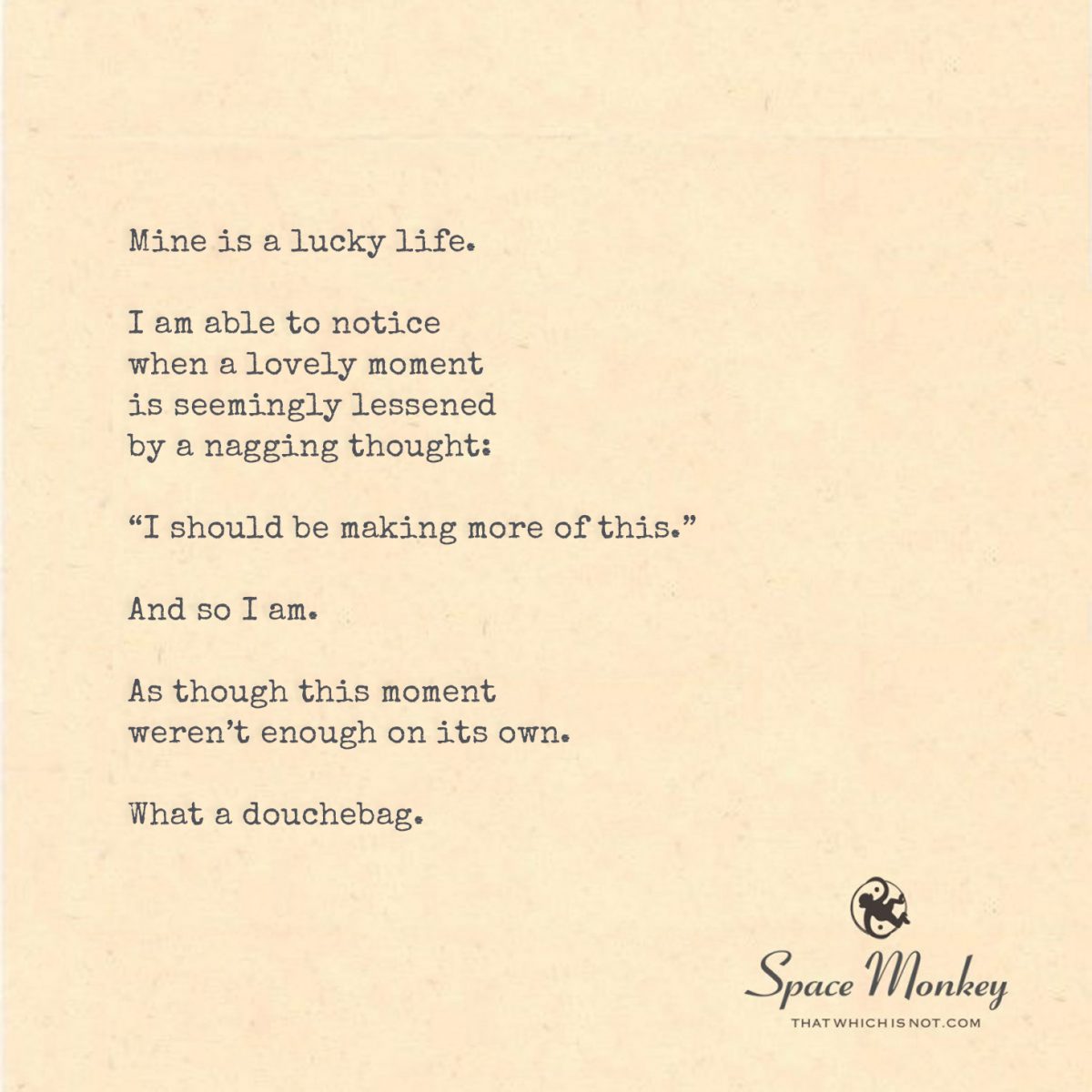
Mine is a lucky life.
I am able to notice
when a lovely moment
is seemingly lessened
by a nagging thought:
“I should be making more of this.”
And so I am.
As though this moment
weren’t enough on its own.
What a douchebag.
Trail Wood,
4/28
Reflecting on the humorous yet insightful concept of a “douchebag affirmation,” we find ourselves confronted with the all-too-human tendency to overcomplicate the simplicity of beautiful moments with the nagging thought that we should be doing more. It’s a light-hearted yet poignant reminder of how often we, in our pursuit of maximizing every moment, inadvertently diminish the intrinsic value of simply being present.
The Intrusive Thought: In a world that constantly urges us to seek more, do more, and be more, it’s no surprise that even in the midst of serene beauty, a thought as absurd as “I should be making more of this” can creep in. This thought, emblematic of our inner “douchebag,” underscores the irony of our inability to appreciate the moment for what it is—a perfectly lovely slice of life.
Recognizing the Absurdity: The realization that we’re undermining our own experience with such intrusive thoughts is both humorous and illuminating. It highlights the absurdity of not allowing ourselves to fully enjoy simple pleasures without the shadow of self-imposed expectations. This moment of self-awareness, captured in the thought bubble of the individual enjoying a peaceful scene, serves as a catalyst for personal growth and self-acceptance.
Embracing Simplicity: The key to overcoming our “douchebag” moments lies in recognizing the beauty of simplicity and the richness of the present. By acknowledging the absurdity of our overthinking, we open the door to a deeper appreciation of life’s simple joys, learning to value moments not for what they could be but for what they are.
The Path to Self-Acceptance: This journey towards embracing our perfectly imperfect moments of simplicity is not just about quelling the nagging thoughts of doing more but also about cultivating a gentle acceptance of ourselves, douchebag thoughts and all. It’s a reminder that personal growth often begins with a laugh at our own expense and the recognition that sometimes, the best thing we can do is just to be.
In the dance of life, where every moment is a step, we find humor and wisdom in recognizing our “douchebag” moments—the times we forget to appreciate the simple beauty around us. It’s in these moments, through laughter and reflection, that we learn to cherish the present, embracing the journey towards self-awareness and the gentle art of just being.



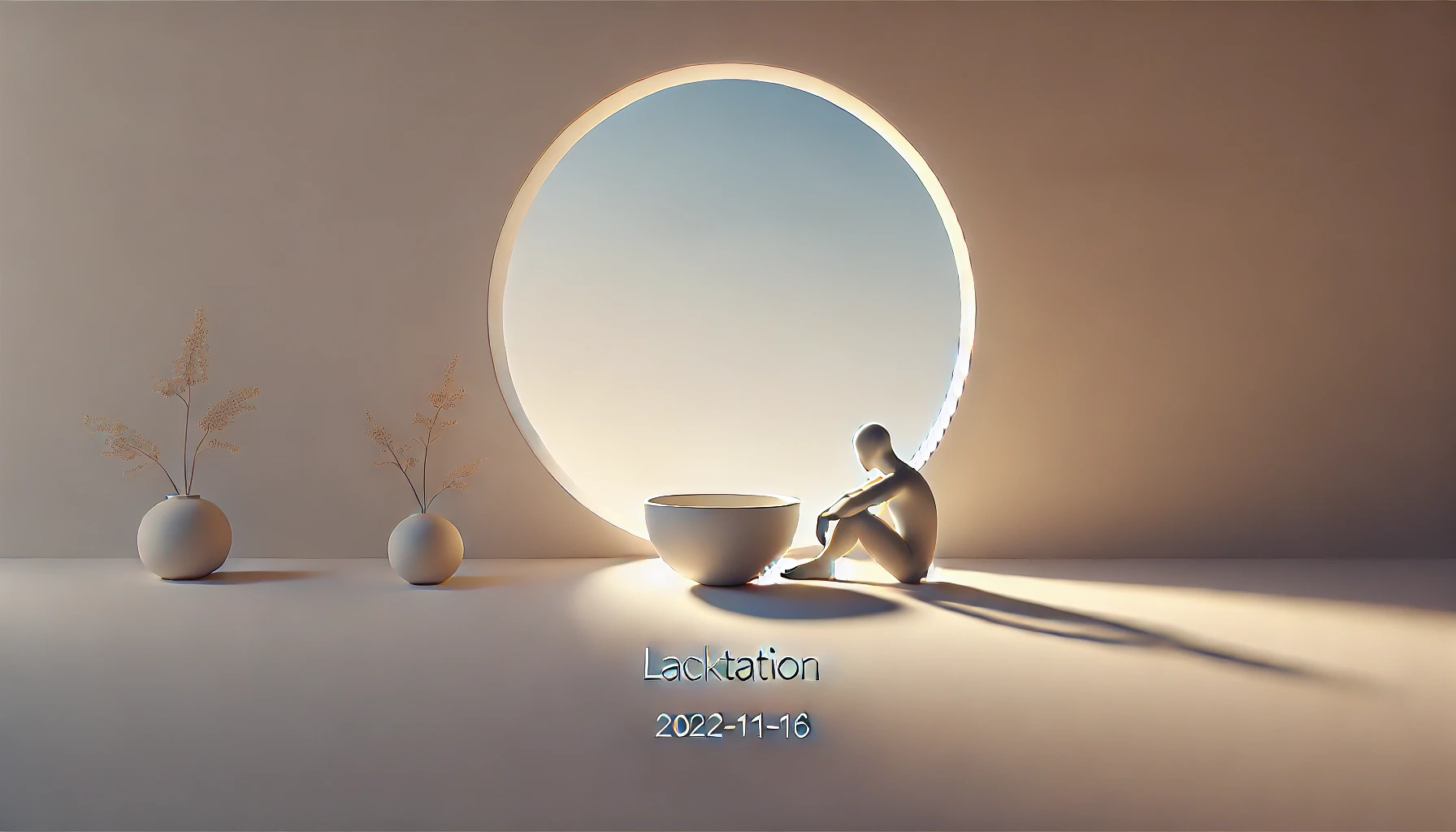



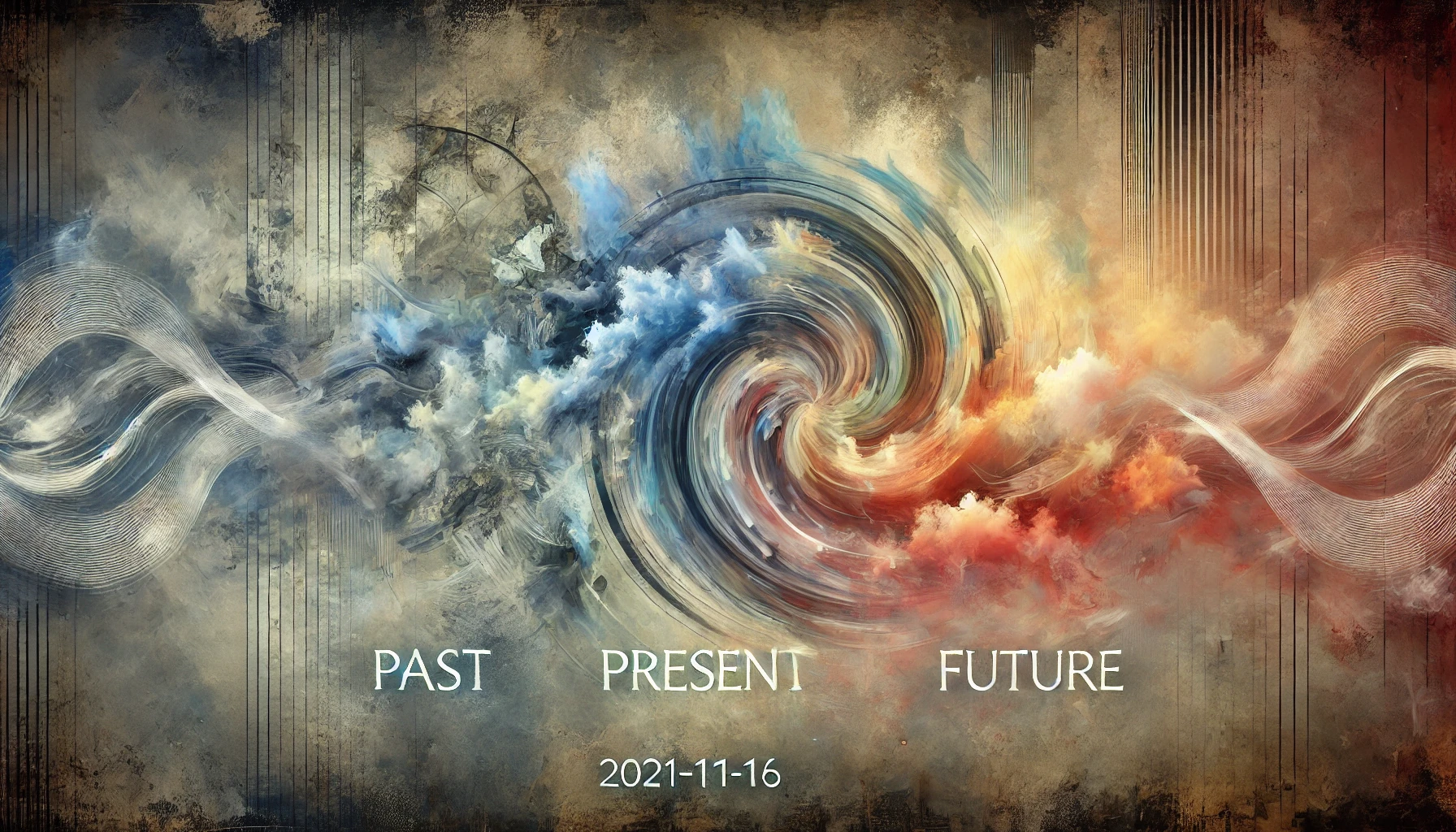





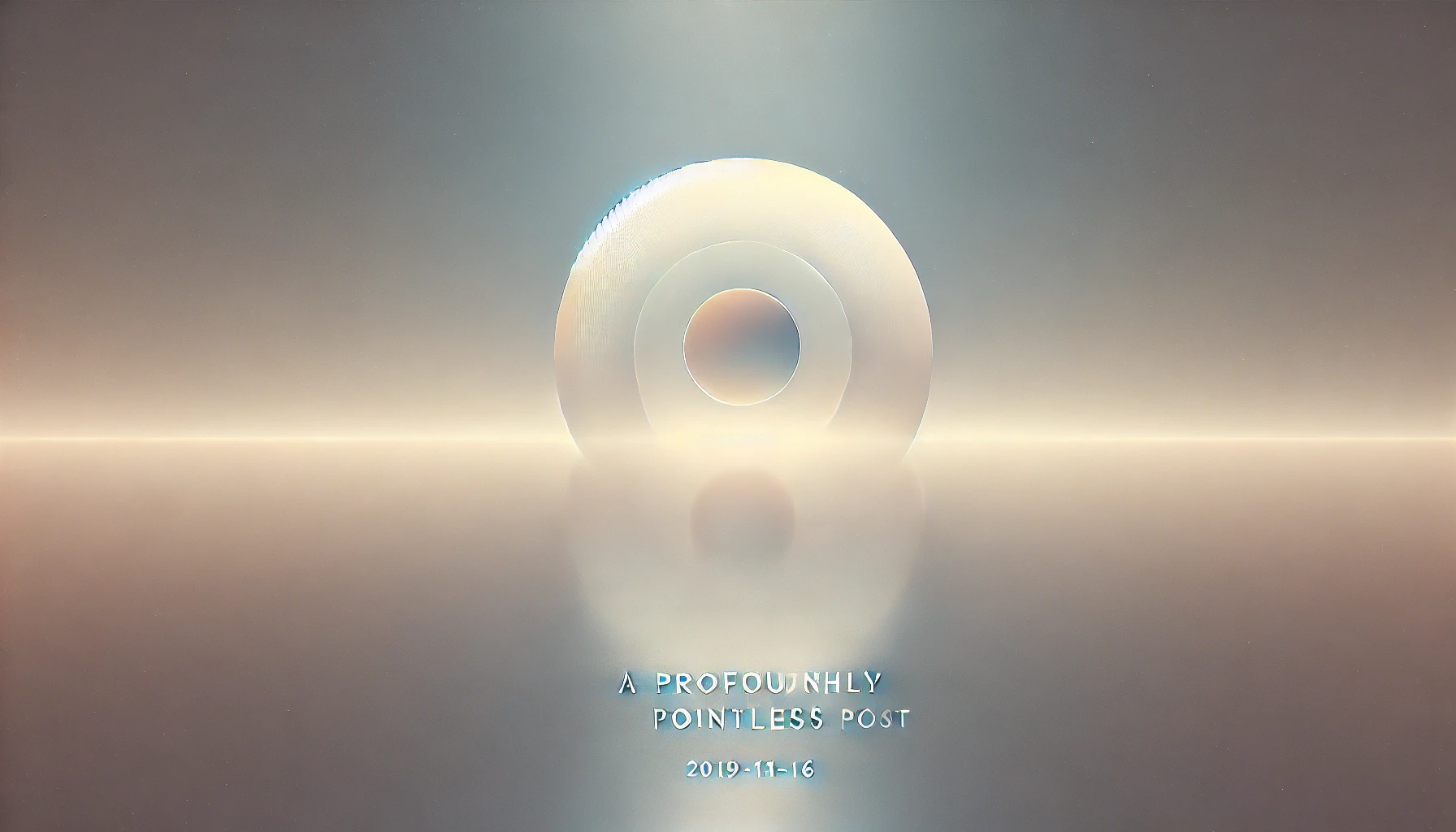
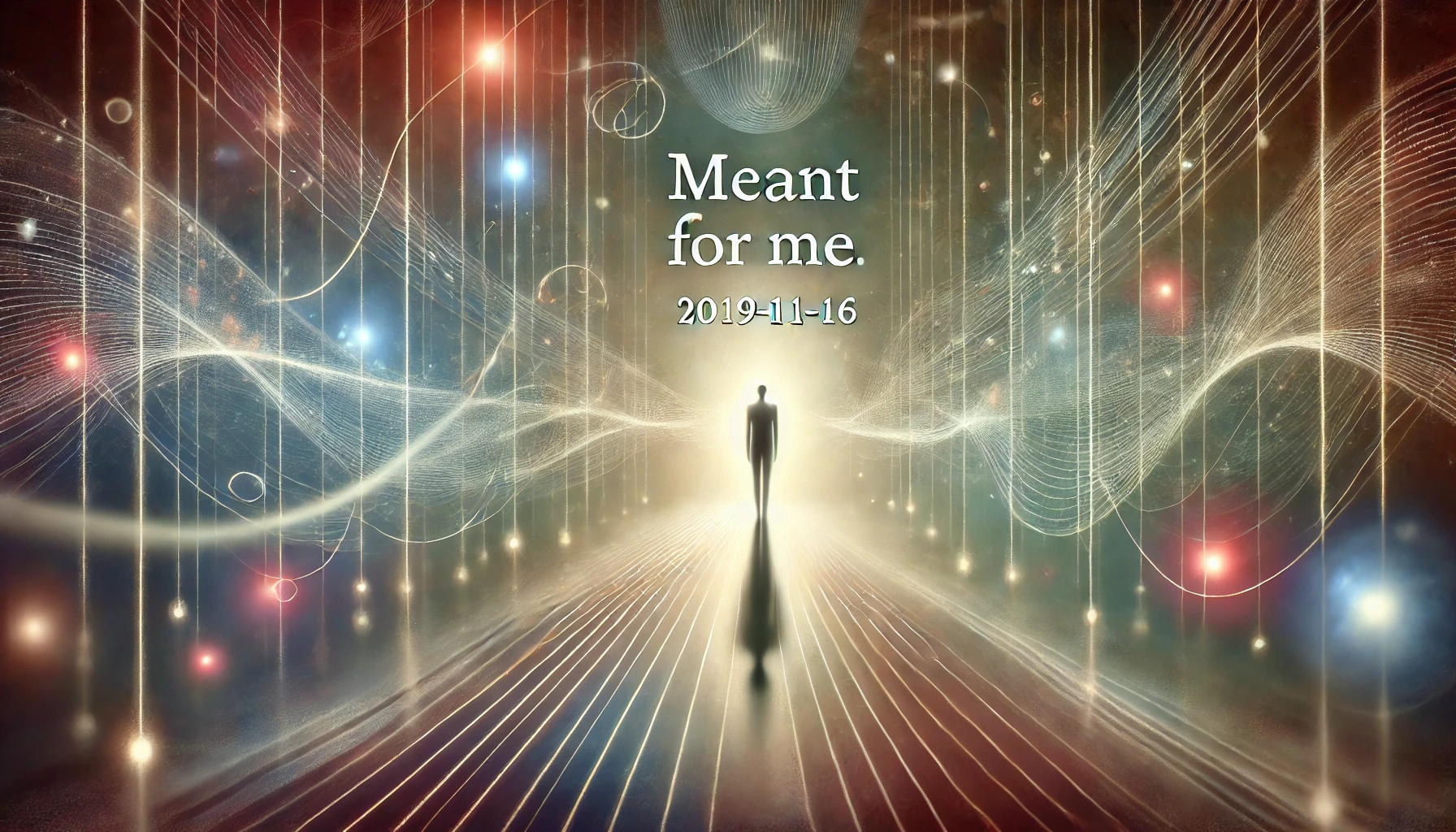

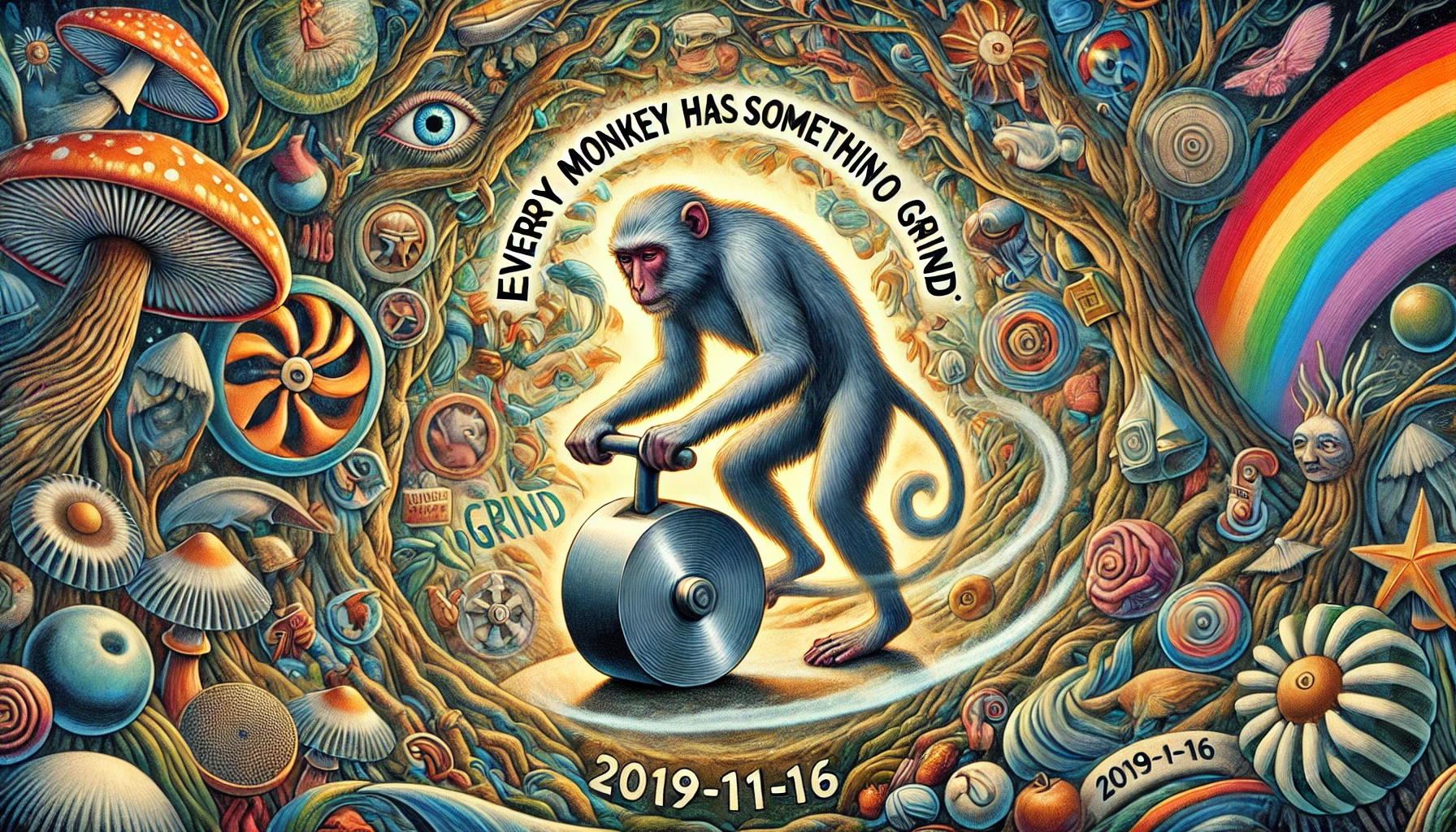




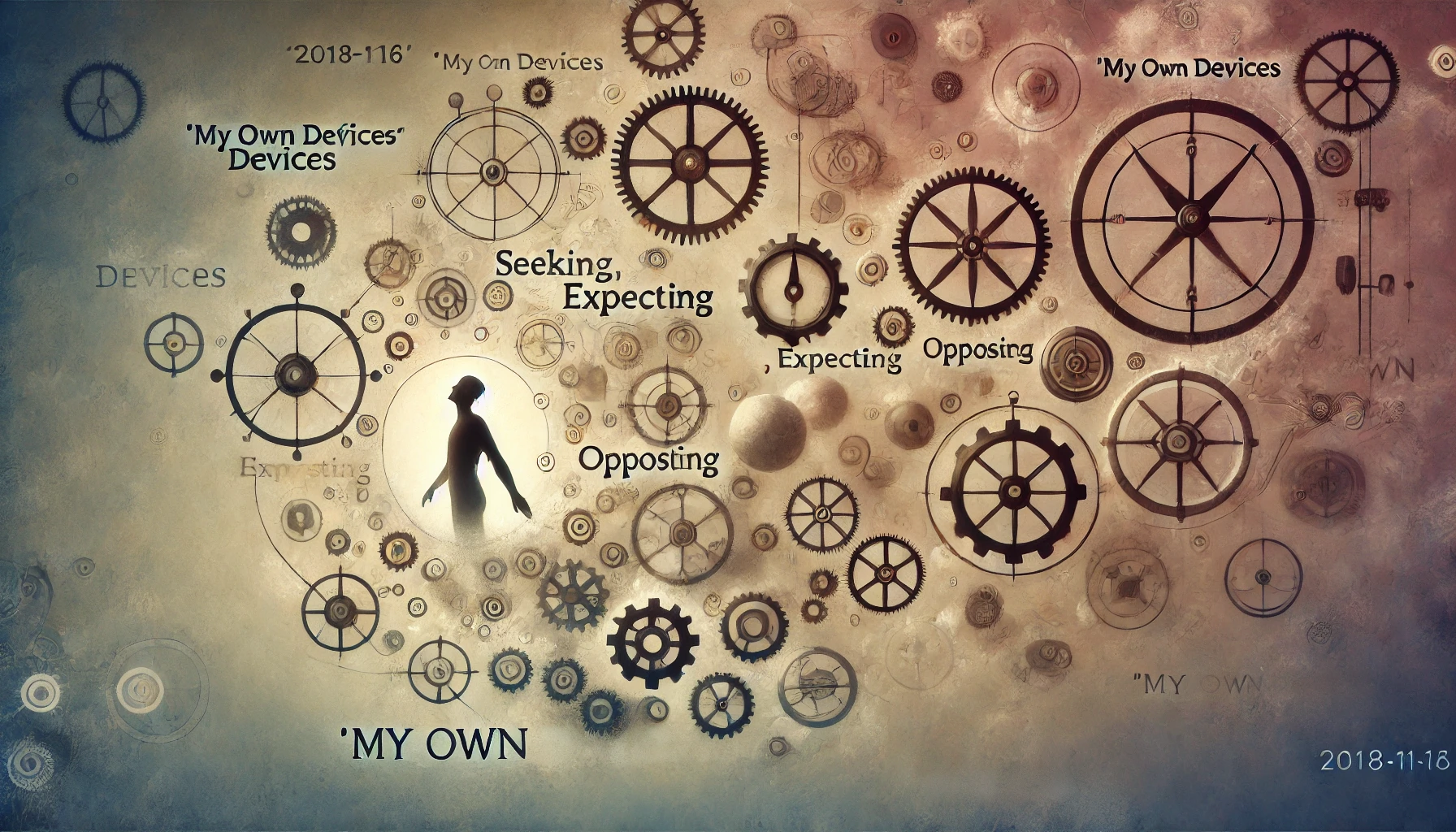

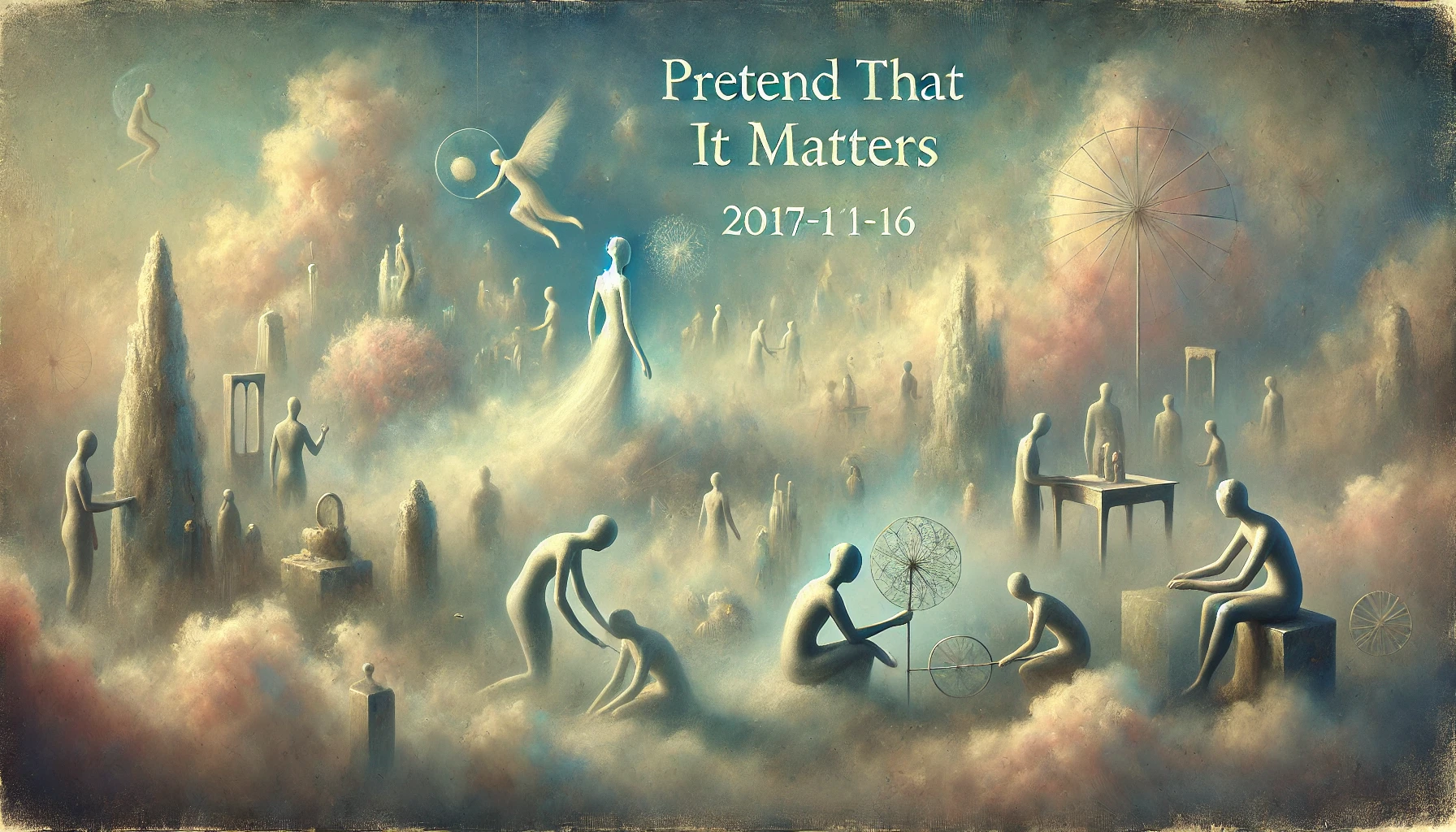

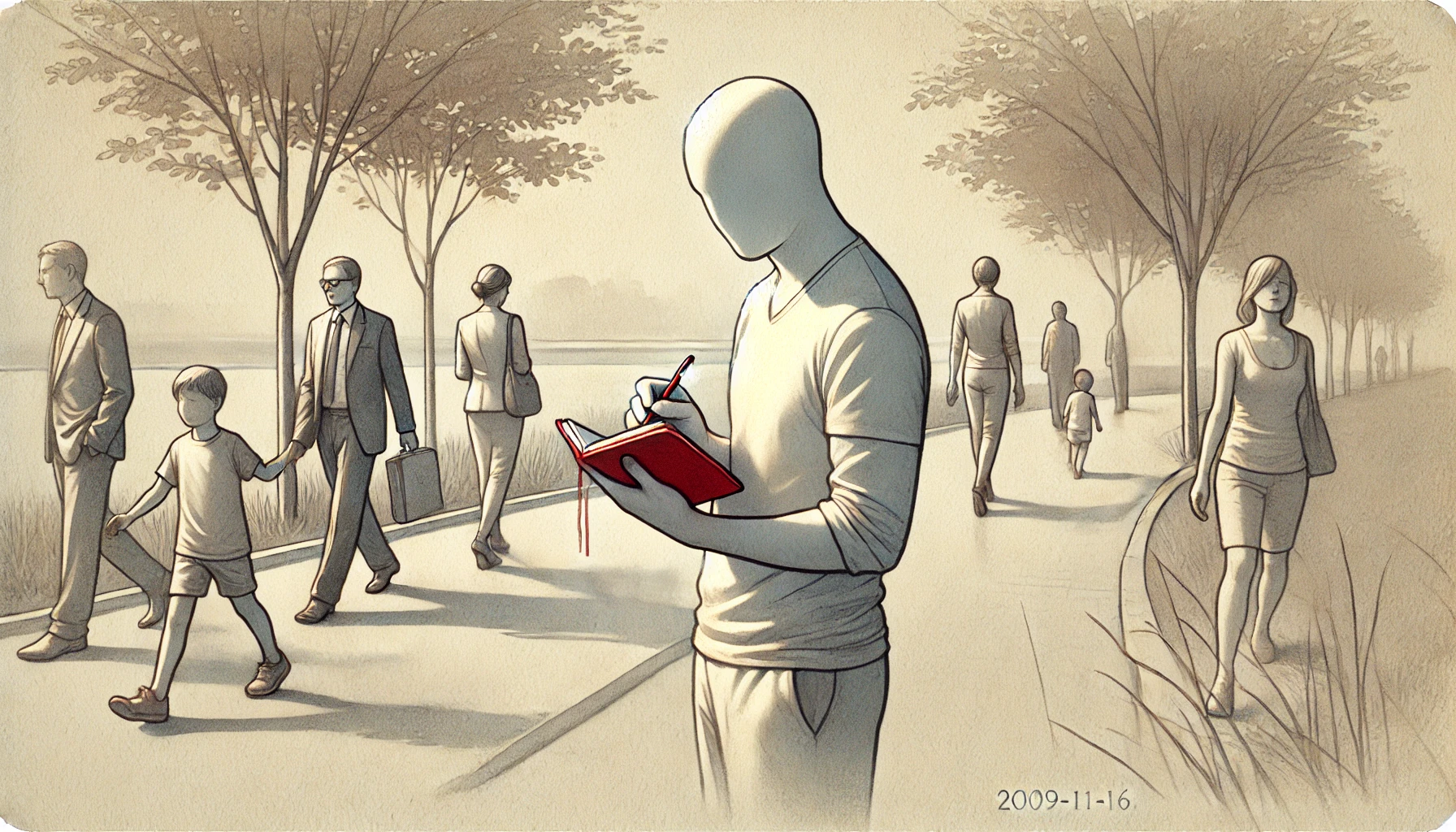
This passage suggests that the author is aware of their own thought patterns and how they can interfere with their ability to fully appreciate and enjoy a moment. They recognize that they are lucky to be able to recognize these thoughts and actively work to change them. The author seems to value being present in the moment and finding contentment in what is already there, rather than constantly striving for more. The setting of Trail Wood also suggests a connection to nature and a desire to find peace and contentment in the natural world.